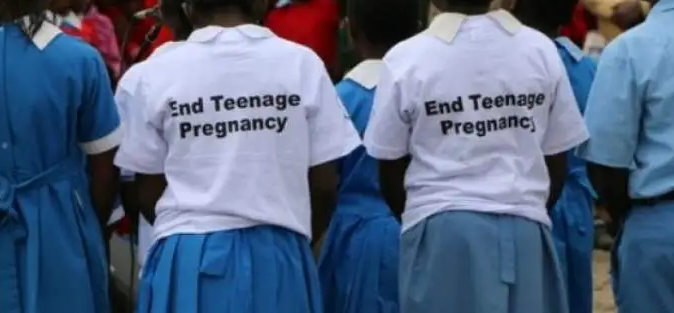Kajiado County is facing a deepening crisis of child neglect, teenage pregnancies, and exploitation, with officials warning that the situation has reached alarming proportions.
The County Children’s Office has documented over 5,000 cases of abuse and rights violations in the 2024/2025 reporting period.
Kajiado County Children’s Coordinator Anne Kang’ethe says the most widespread form of abuse is neglect, with 3,753 cases involving children who live with parents but are routinely denied food, shelter, education, or emotional care.
Another 162 children were abandoned entirely, left without any guardian or caregiver. The department also recorded 552 custody disputes, 25 cases of child marriage, 19 teenage pregnancies, 13 sexual assaults, five instances of child labour, and four cases of female genital mutilation (FGM).
Kang’ethe believes the numbers are just the tip of the iceberg. “Most of these issues go unreported because of stigma, fear, and lack of awareness. We need more community sensitization to protect children before it’s too late,” she said.
ALSO READ:
Activists urge stronger child protection in Kajiado as Female Genital Mutilation (FGM) persists
Teenage pregnancy has emerged as one of the most disturbing trends. During recent visits to three schools, Kang’ethe’s team found shocking statistics as one school had 36 pregnant girls, another 18, and the third 20. In one classroom, only three girls were not pregnant. “It’s become so normalized that baby showers are now being held in dormitories,” she said.
Two girls recently died after attempting unsafe abortions, while others continue to suffer in silence. Kang’ethe warned that the lack of reproductive health education is exposing adolescents not only to unwanted pregnancies but also to HIV and other sexually transmitted infections.
The office is also raising concern about a growing trend in urban centres, where minors are being recruited into sex work by older individuals. Combined with rising drug and substance abuse, children are increasingly at risk of dropping out of school and joining criminal gangs. “Drug abuse among children is rarely reported, yet it’s happening right in our towns. Some end up in gangs, which worsens their situation,” Kang’ethe said.
She called for urgent, collective action from parents, teachers, religious leaders, and government agencies to address the crisis. “This is not just a policy issue, it’s a moral one. We must act now to protect our children from a future they didn’t choose.”
By Masaki Enock




